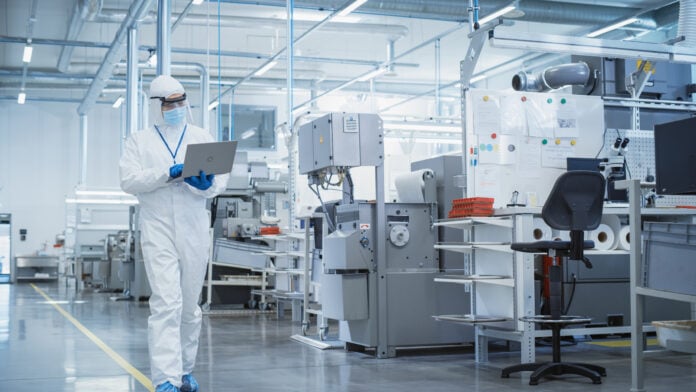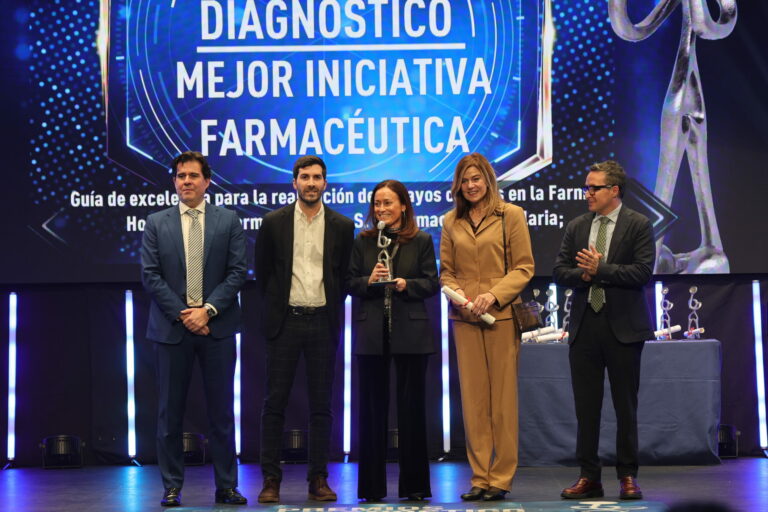Study identifies proteins involved in the efficacy of immunotherapy against blood cancer

A recent study by the Centre for Cell Therapy (CTC) reveals proteins and signalling pathways that are crucial to the effectiveness of CAR-T cells, opening up new avenues for the development of more targeted cancer treatments.

consalud.es
A study conducted by researchers at the Cell Therapy Centre (CTC) has identified key proteins and signalling pathways involved in the efficacy of CAR-T cell-based immunotherapy, lymphocytes modified in the laboratory to fight cancer.
The research, published in the Journal of Proteome Research, was conducted by John Oluwafemi Teibo, a PhD student at FMRP-USP and FAPESP fellow, under the supervision of Professor Vitor Faça.
‘CAR-T cell therapy is innovative and has made incredible advances against haematological diseases. There are many CAR-T cell constructs that are being approved for clinical use. But we do not fully understand how these CAR-T cells work in terms of molecular mechanisms, nor the signalling pathways and molecular effectors involved. And that is the motivation for this study,’ said Teibo from the São Paulo Blood Centre.
“The use of interferon gamma and IL2 as surrogate biomarkers could help overcome some of the challenges of CAR-T cell therapy.”
The research sought to identify molecular effectors—molecules (usually proteins, but also other molecules) that play a crucial role in responding to stimuli and carrying out specific cellular processes, such as the immune response or signal transduction—related to CAR-T cell therapy in databases such as PubMed and Scopus. The research resulted in the identification of proteins that could be key targets for improving the efficacy of the therapy.

consalud.es
“We found 14 proteins, which were classified into four categories. First are the cytokines, which include interferon, CCL3, interferon gamma, and many others. We also have kinases, such as LCK, ITK, JAK2, as well as B-Raf, and receptors, such as CD80 and CD20, which are involved in the activation of the therapy. Finally, there are proteases and chemical messengers, such as granzyme B and TNF-?,” explained the doctoral student.
The use of proteomics, the analysis of the set of proteins in a sample, will allow for a better understanding of the changes in these molecules, paving the way for new advances in treatment. ‘For example, we have interferon gamma and also IL2, which can be used as surrogate biomarkers. This could help overcome some of the challenges of CAR-T cell therapy,’ says Teibo.
Furthermore, recent advances in mass spectrometry have made it possible to analyse the abundance, cellular localisation, synthesis/degradation and post-translational modifications of proteins. This allows for a more detailed and integrated understanding of physiological and cellular processes, which is essential for improving therapy.





